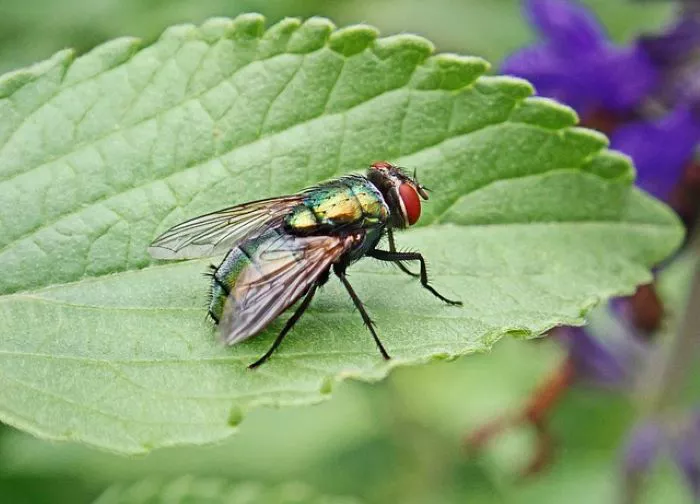Japanese beetles are a significant threat to rose gardens. These pests are known for their metallic green and bronze bodies and can cause severe damage to rose leaves, flowers, and stems. Understanding how to keep Japanese beetles off your roses is essential for maintaining healthy plants and beautiful blooms. This article will provide an overview of Japanese beetles, preventive measures, and effective control methods to protect your roses.
Understanding Japanese Beetles
Japanese beetles (Popillia japonica) are invasive pests that were first introduced to the United States in the early 1900s. They thrive in warm climates and are particularly active during the summer months. Adult beetles feed on the foliage of various plants, including roses, leaving behind a characteristic skeletonized appearance. In addition to damaging leaves, they can also harm flowers and buds, reducing the overall beauty and health of your roses.
Preventive Measures
Preventing Japanese beetle infestations is the first step in protecting your roses. Implementing good gardening practices can significantly reduce the risk of these pests.
Start with healthy plants. Choose disease-resistant rose varieties that are less attractive to Japanese beetles. Healthy plants are more resilient and can better withstand pest attacks.
Maintain a clean garden. Regularly remove dead leaves, debris, and any fallen flowers around your rose bushes. This practice reduces hiding places for beetles and limits their food sources.
Consider planting companion plants. Some plants can repel Japanese beetles. For example, garlic and chives are known to deter these pests. Incorporating these plants into your garden can help protect your roses.
Use physical barriers to protect your roses. Row covers or fine mesh netting can prevent beetles from reaching your plants. Ensure that the covers are securely anchored to avoid gaps that beetles can exploit.
Cultural Practices
Cultural practices play a vital role in managing Japanese beetle populations. These practices create an environment that is less conducive to infestations.
Water your roses properly. Healthy, well-watered plants are better able to resist pest attacks. Ensure that your roses receive adequate moisture, especially during dry periods.
Fertilize appropriately. Use balanced fertilizers to promote strong growth. Avoid excessive fertilization, which can lead to lush foliage that attracts beetles.
Monitor your plants regularly. Inspect your roses for signs of Japanese beetles or damage. Early detection allows for prompt action before infestations become severe.
Practice crop rotation if you have a larger garden. Rotating your plants can disrupt the life cycle of Japanese beetles and reduce their populations over time.
Natural Control Methods
If Japanese beetles do appear, several natural control methods can help manage them effectively. These methods are generally safer for the environment and beneficial insects.
Handpicking is an effective way to control adult beetles. Inspect your roses regularly and remove any visible beetles by hand. Drop them into a bucket of soapy water to dispose of them. This method can be time-consuming but is very effective for small infestations.
Insecticidal soap is a safe option for controlling soft-bodied insects. While it is not specifically designed for Japanese beetles, it can help manage other pests that may be present. Apply it according to the manufacturer’s instructions, ensuring thorough coverage of the affected areas.
Neem oil is another natural pesticide derived from the seeds of the neem tree. It disrupts the life cycle of many pests, including Japanese beetles. Mix neem oil with water and spray it on affected plants. Be sure to follow the manufacturer’s instructions for proper application.
Diatomaceous earth is a natural powder made from fossilized algae. It can be sprinkled around the base of your rose bushes to deter crawling insects. It works by damaging the exoskeletons of pests, leading to dehydration.
Chemical Control Methods
While natural methods are preferred, some situations may require chemical interventions. If Japanese beetle problems become severe, consider using chemical pesticides as a last resort.
Choose pesticides that are specifically labeled for Japanese beetles. Read the instructions carefully and follow all safety precautions to protect yourself, your plants, and the environment.
Apply pesticides in the early morning or late evening when beneficial insects are less active. This timing helps minimize harm to non-target species.
Always test a small area of the plant before applying any chemical treatment. Monitor the plants for any adverse reactions before proceeding with a full application.
Conclusion
Keeping Japanese beetles off your roses requires a combination of preventive measures, cultural practices, and control methods. By starting with healthy plants and maintaining good garden hygiene, you can significantly reduce the risk of infestations. Regular monitoring and early intervention are key to managing any pest problems that arise.
Utilizing natural pest control methods is often the safest and most effective approach. However, if necessary, chemical treatments can be used responsibly. With proper care and attention, you can protect your roses from Japanese beetles and enjoy their beauty throughout the growing season.


